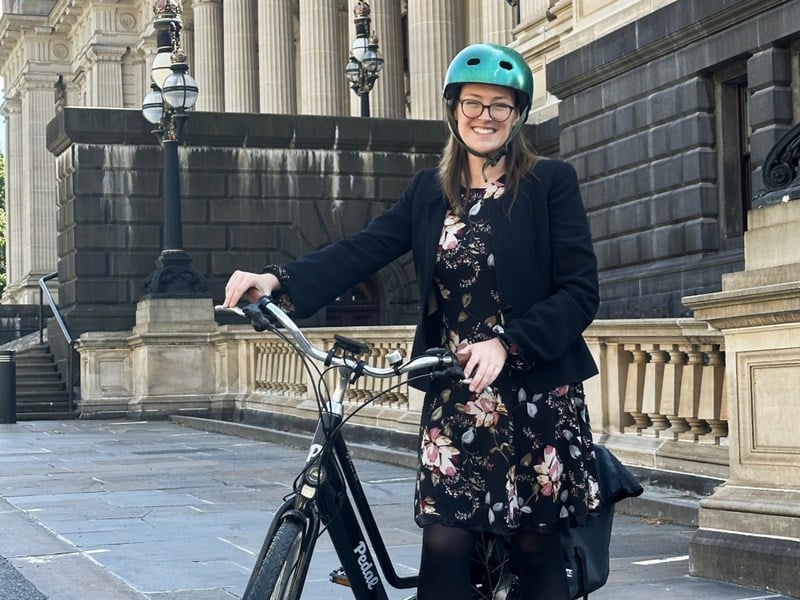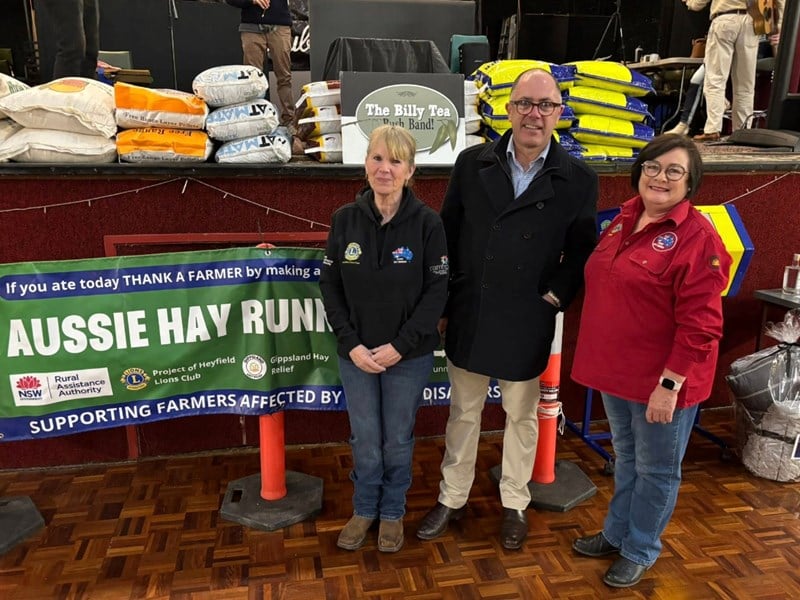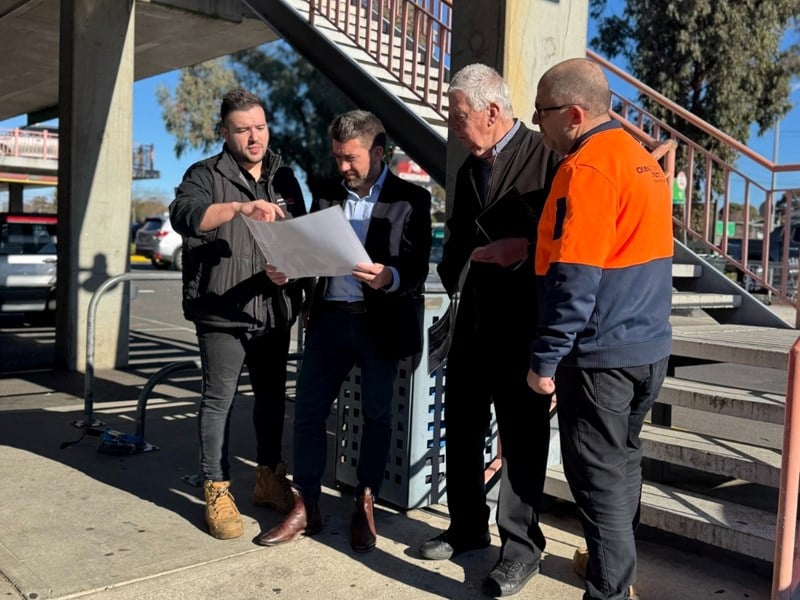- Home /
- News /
- General news
People, pressure and purpose: life as an MP
18 September 2025

The day begins early for most politicians. Some rise before the sun for a quiet moment of routine, others dive straight into the never-ending 24-hour news cycle. Each morning is different, but in the lives of Members of Parliament there is a rhythm to the chaos.
Greens MP Katherine Copsey’s mornings start slow, yet productive. Much like every other Melburnian, the first order of business is a moka pot on the stove and ten minutes to sit and journal with her thoughts. She journals briefly to clear space in her mind, a pause before the pace of the day takes over.
Depending on Melbourne’s unpredictable weather, she rides her bike or catches the train into the office.
‘You just take each day as it comes and you get really good at triaging and prioritising,’ she says.
For Liberal MP Richard Riordan, that rhythm starts with a suit and tie.
By twenty past six, he is scrolling through his inbox, sifting the general news before the real rush arrives. At 7:01 the daily briefings hit - a stack of clippings from his electorate, his portfolios of housing and planning, and any mention of his own name.
Tuesdays begin with a weekly 7:00am radio interview he takes part in.
Josh Bull, a Labor MP, keeps mornings focused on family.
The alarm sounds between 5:30 and 6:00. Before his six-year-old daughter wakes at 7:00, he tries to fit in a run on the treadmill.
‘It’s really good for your mental health,’ he says. ‘It’s the best time when things are quiet before the phone starts ringing.’
By the time his daughter is up, the household is in full swing; breakfast, school prep, drop-off, and then straight to the office - without forgetting the morning coffee, of course.
“ The job pulls them from early mornings to late nights, from the formality of Parliament to the casual queries at the local shop. ”
In the weeks that Parliament is sitting, the morning routines shift to a different kind of structure. MPs from across Victoria pack their bags and head for Spring Street - the home of the Victorian Parliament.
As the Parliamentary Secretary for Transport, Bull rides the train from his Sunbury electorate to Parliament Station, a habit that keeps him connected to the services his constituents rely on.
What he finds most rewarding during sitting weeks isn’t necessarily the debate in the chamber, but the chance to see legislation and projects translate into real outcomes.
‘Transport projects, for example - they change people’s lives. And you get to recognise volunteers, emergency service workers, people doing good things,’ he says.
Riordan notes the extra layer for country members. Based in the Polwarth electorate, he spends sitting weeks living out of Melbourne accommodation. ‘I think it would be a very different job being able to go home every night,’ he says.
Life inside Parliament House stretches long into the evening. Tuesdays start with an 8:30am Liberal party meeting, and nights run late with briefings, conversations and stakeholder meetings that can go past 9:00pm.
Having been in Parliament for around 10 years, he stresses that ‘you use those weeks to the fullest’. As the Shadow Minister for Housing, he finds there are so many people he wants to speak to, and vice versa.

For Copsey, sitting weeks are focused on progressing her party’s agenda as it is responding to the government’s.
Each week begins with internal Greens planning - who will speak on what issue, which amendments are worth pursuing, and how best to raise issues on behalf of constituents, such as childcare and transport. She describes it as busy but balanced by the camaraderie of her colleagues.
Sitting weeks also bring her staff into the same space, a rare opportunity for collaboration that can’t always happen in smaller electorate offices.
However, most of an MP’s year is spent outside sandstone walls, back in their electorates, where the work is steadier, but no less consuming.
Riordan’s electorate is vast - forty communities, five local government areas, and a two-hour stretch from one side to the other.
His electorate office sits on a high traffic street, designed for visibility and accessibility. On any given day, someone might walk in with a query about housing, or planning, or something entirely unrelated.
‘We get insurance claims, potholes, family separations, even people with crazy inventions,’ he says.
Being present in town means being available for all of it.

Copsey’s work looks different from her lower house colleagues. Representing a vast upper house region means she is rarely tied to a single community, instead moving constantly between suburbs and towns to meet people where they are in Melbourne’s Southern Metropolitan region. The scale of the electorate makes visibility a challenge but also shapes her role as a connector across diverse groups and interests.
‘I wouldn’t be able to do it without my amazing staff who work so hard,’ she says, emphasising the team effort behind the travel and advocacy.
For her, the electorate office is where activism meets reality - a base for coordinating the wide-reaching work of an upper house member.
Bull’s weeks at home are a balance of constituent meetings, community events, and his additional role in major transport projects. He spends time on site at level crossings, tunnels and infrastructure works, often shoulder to shoulder with ministers and local members.
However, he insists that being a local member comes before everything else.
‘You’ve got to balance those things,’ he says. ‘Your responsibilities are important, but your local work has to come first.’

Across all three MPs, what emerges is not just a schedule but a lifestyle - a blend of personal sacrifice, long hours, and constant negotiation between public and private time. The job pulls them from early mornings to late nights, from the formality of Parliament to the casual queries at the local shop.
As one MP put it: ‘The day and the life of an MP… the days are always different, and the issues are different.’
About the Author

Charlie Banias
A participant in the Parliament Express program conducted by the Parliament of Victoria in partnership with Express Media. The program provided mentoring and engagement experiences, leading to a series of articles written by young Victorians for the Victorian Parliament's website.